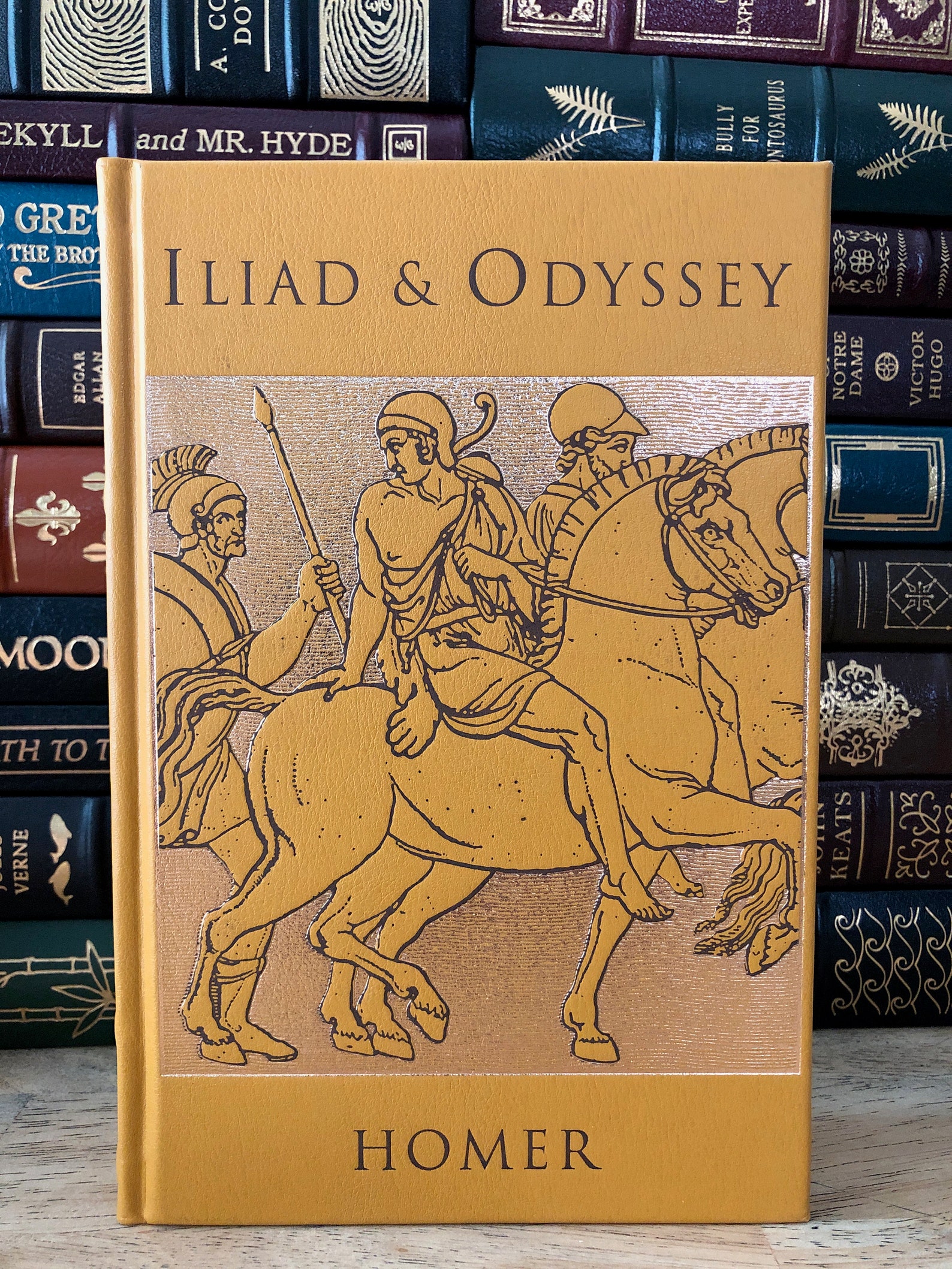

Pindar and Herodotus: Exegetes Identifying the Iliad and Odyssey as Epics 440 BCE) and the historian Herodotus (ca. The English word “epic” ultimately derives (via the Greek adjective epikós) from the Greek noun épos, the meaning of whose plural form, épea, expanded by neology to encompass “epic poetry or poem” in addition to “words.” More precisely, épos in the late eighth century BCE was “used widely in Homer to designate words, in contrast to mûthos, which applies instead to the content of the words.” However, by the early fifth century BCE, épos had come in its plural form to mean epic poetry as well, as attest works of the lyric poet Pindar (518–ca. These students’ assumption is borne out insofar as the Homeric poems have taken precedence etymologically, as well as experientially. For most readers schooled in the Western tradition, for instance, the Iliad and Odyssey epitomize epic poetry, as they are the first epics that students of this tradition encounter (though perhaps in abridged form). In response, some people, even without examining any evidence, may sense that these poems are inextricable from the idea of epic. Nagy’s characterization of Achilles’ and Odysseus’ quintessential actions as “epic” raises the question of when the Iliad and Odyssey began to be regarded as epics rather than as kléa andrō̂n.


 0 kommentar(er)
0 kommentar(er)
